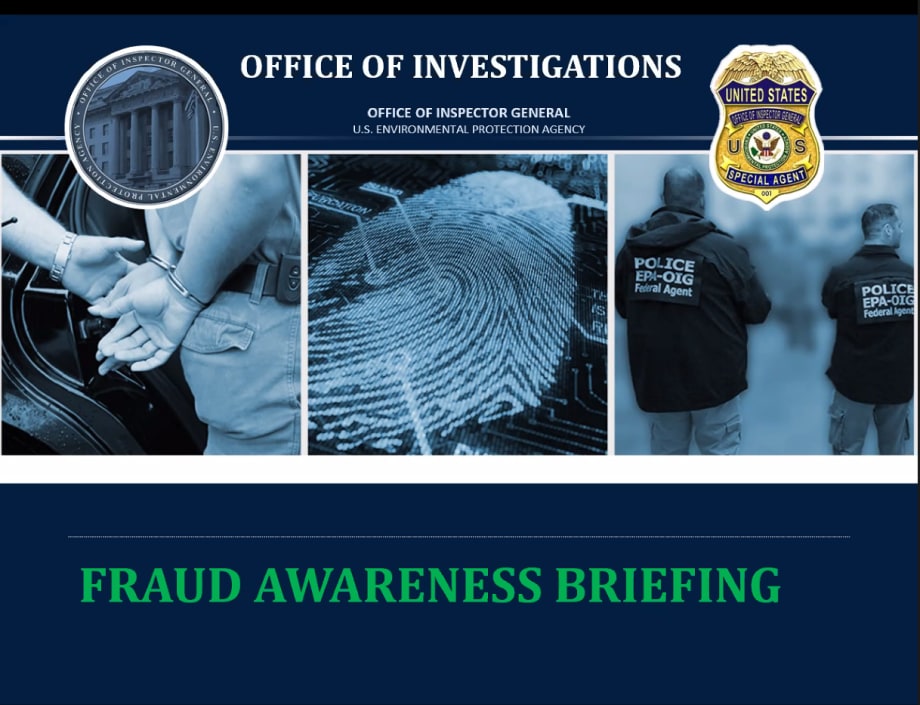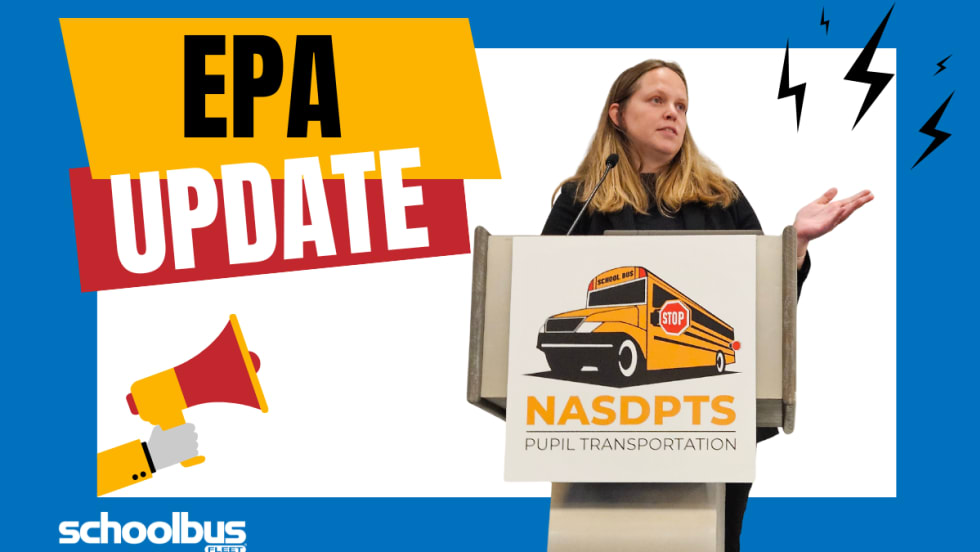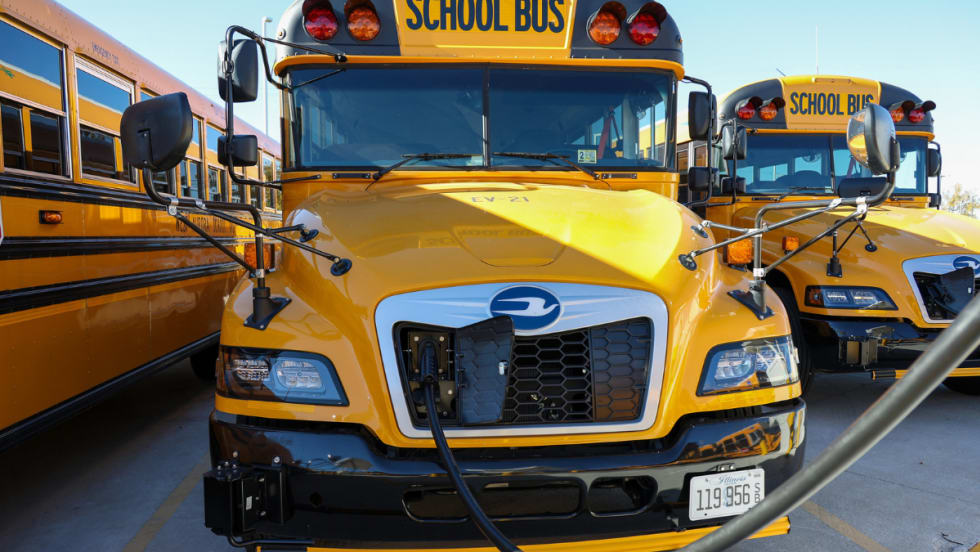School bus operations hoping to take advantage of the Environmental Protection Agency’s new Clean School Bus Program must take steps to ensure that they don’t run afoul of fraud investigators from the inspector general’s office.
During a July 13 webinar, representatives from the EPA’s Office of the Inspector General briefed viewers on the work of their independent office, shared warning signs of fraud, offered methods for mitigation, and shared examples of fraud cases that they’ve handled over the years.
It’s all part of the groundwork laid for the distribution of $500 million in a program that the EPA describes as rebates: school districts or their partners get a purchase order for as many as 25 electric or low-emission school buses, then gives that paperwork to the EPA to claim funds to cover much of the bus’s cost. How much a recipient might get depends on whether the applicant is prioritized based on location and economic factors. The application deadline for this round of funding is Aug. 19.
Nic Evans, special agent in charge of the eastern field office for the EPA’s OIG, said recipients should make certain that they segregate EPA funds, use them only for their intended purpose, conduct site visits to ensure the funds are spent properly, and report any irregularities to the agency.
Common Fraud Schemes
Members of the OIG team outlined several schemes they regularly encounter during their investigations, including:
These violations are subject to criminal prosecution, fines, restitution, and civil penalties.
Waving Red Flags
The webinar also covered an assortment of fraud indicators, ranging from lack of separation of duties and undisclosed personal or organizational conflicts of interest to inaccurate or questionable invoices and subawards to conflicted or related parties or entities. Some other red flags could include:
Unexplained entries of altered records.
Inadequate or missing documentation.
Unauthorized transactions.
Photocopies of documents where it is difficult to detect alteration.
False or misleading information.
Missing approval signatures.
Charging for costs that haven’t been incurred or aren’t attributable to the funds.
Investigators gave a few examples of fraud, such as a state program manager who formed a company under his wife’s name and directed a contract for a school bus diesel retrofit project, funded by an EPA Diesel Emissions Reduction Act (DERA) grant, to that company. That program manager ultimately got 30 months in prison and three years of supervised release. His wife received 10 months of home detention and five years of supervised release. Both had to pay $42,333 in restitution and couldn’t apply for government contracts for three years.
Keeping It Clean
So what are the best ways to mitigate the risks of fraud, waste, and abuse of Clean School Bus program funds? According to the OIG investigators:
Segregate the money from other budget accounts.
Use the funds only for their intended purpose.
Visit sites and inspect work and backup documentation.
Ask questions.
Report issues.
Faye Swift, a member of the DERA Program Grants and Policy Team, told webinar viewers that grant recipients working with partners such as dealers or original equipment manufacturers (OEMs) make sure that they cover every base.
“If you’re partnering with a dealer or an OEM, we don’t dictate how that arrangement happens,” Swift said. “So, it’s very important that you protect yourselves and make sure that you have a sufficient contractual agreement in place with your project partners to protect yourself and to protect them.”
Mandatory disclosures, required in writing via email, U.S. mail, or fax, are necessary when there are violations of federal criminal law involving fraud, bribery, and gratuities that could potentially affect the federal award. The disclosure should include name and contact information of the discloser and the company, as well as a detailed description of facts surrounding the reported activities, including names of people involved, the amount of funding involved, and how the irregularity was discovered.
Got something to report? Contact the OIG hotline at (202) 566-2476 or (888) 546-8740, send email to OIG_hotline@epa.gov, or go online to epa.gov/office-inspector-general/epa-oig-hotline.














